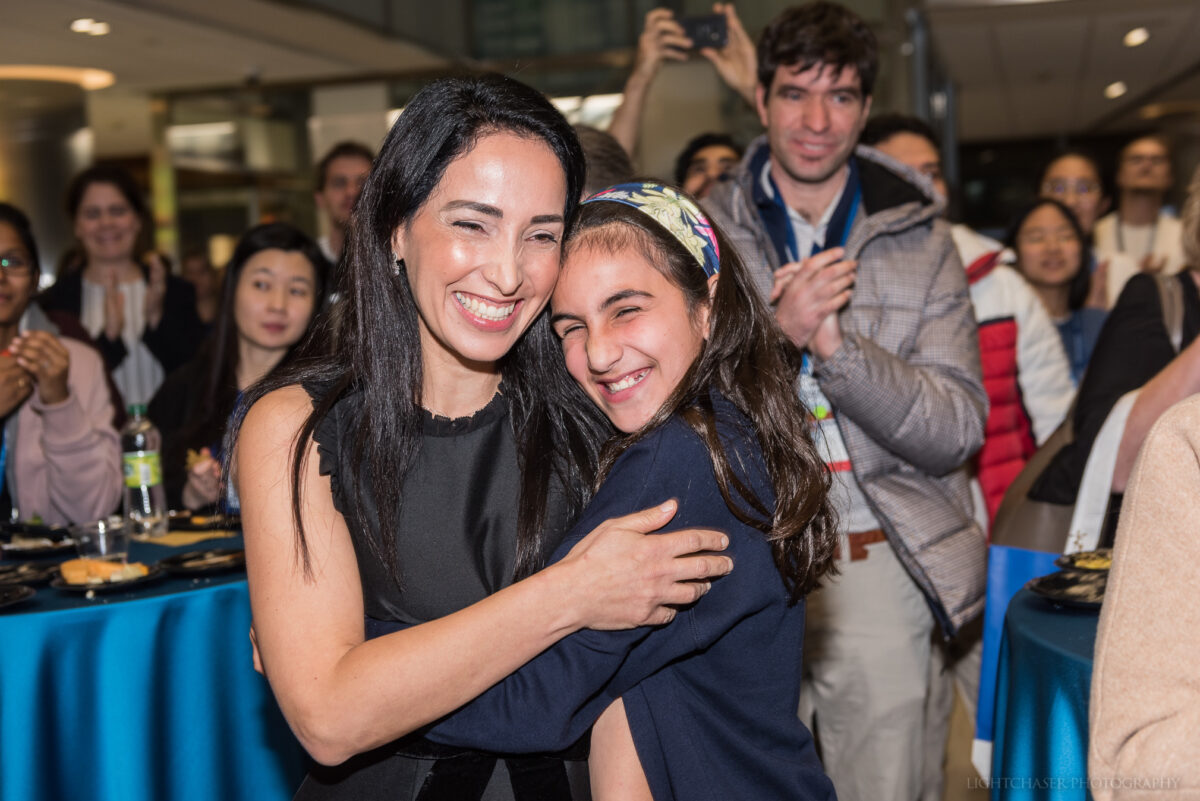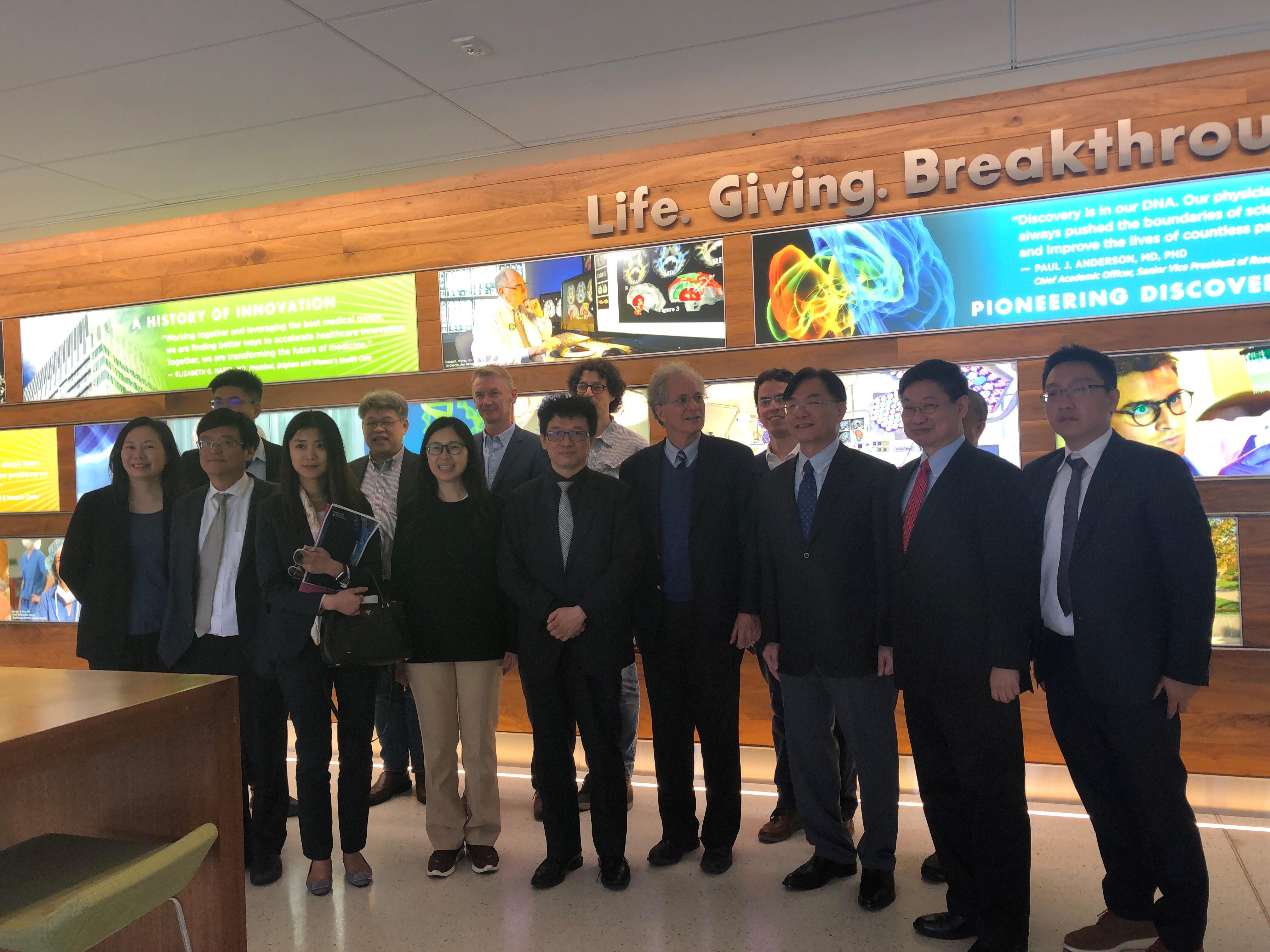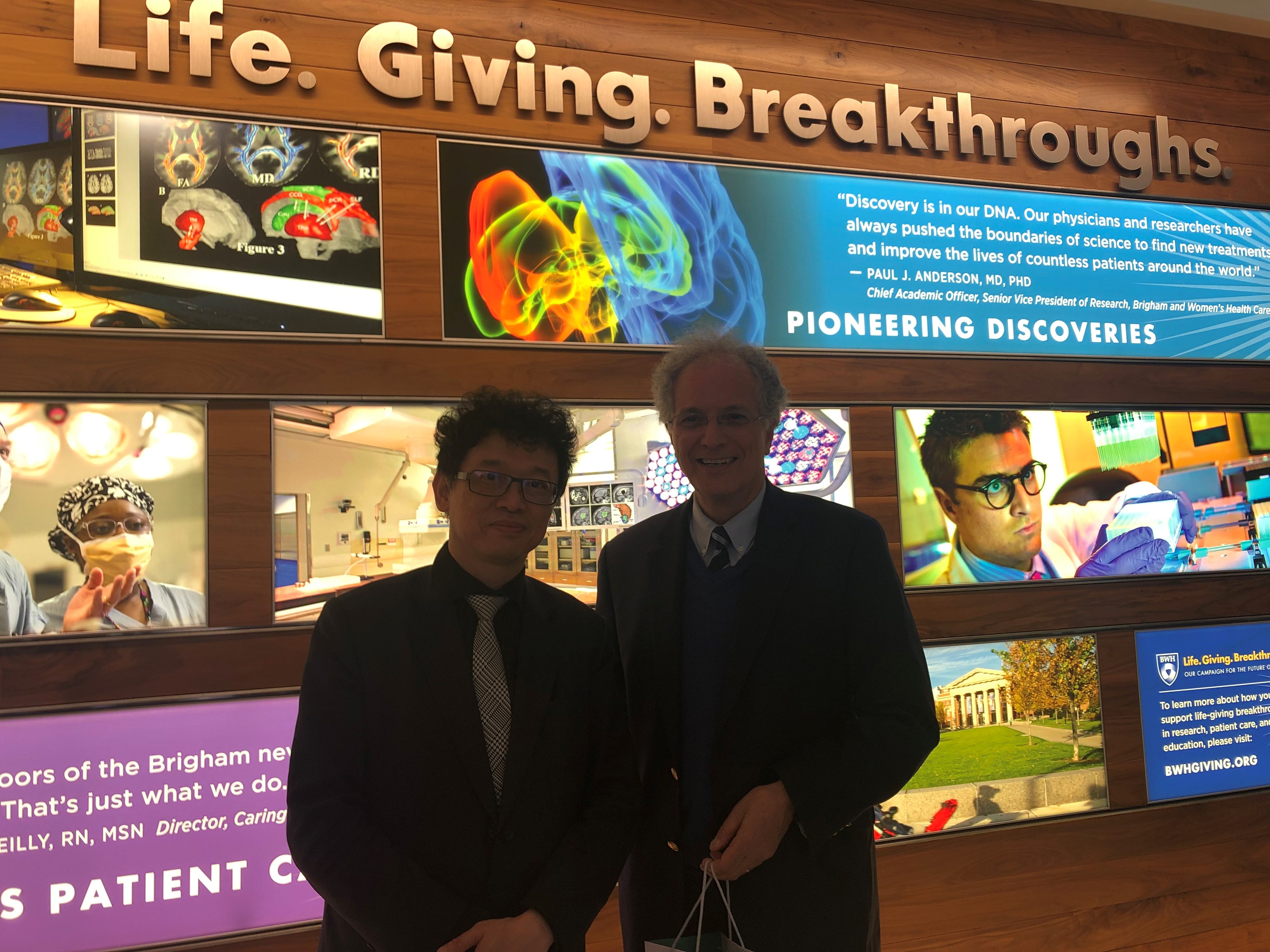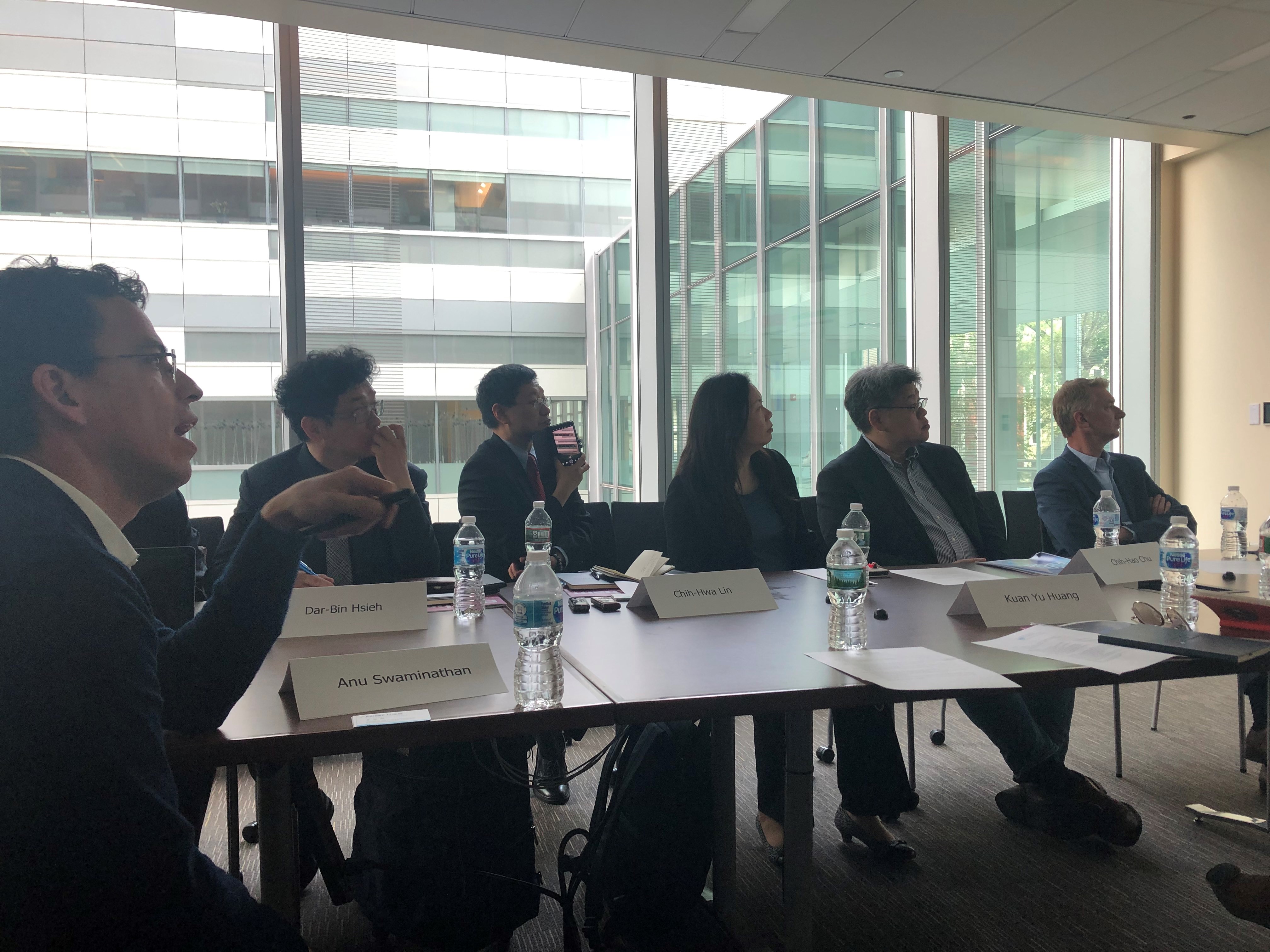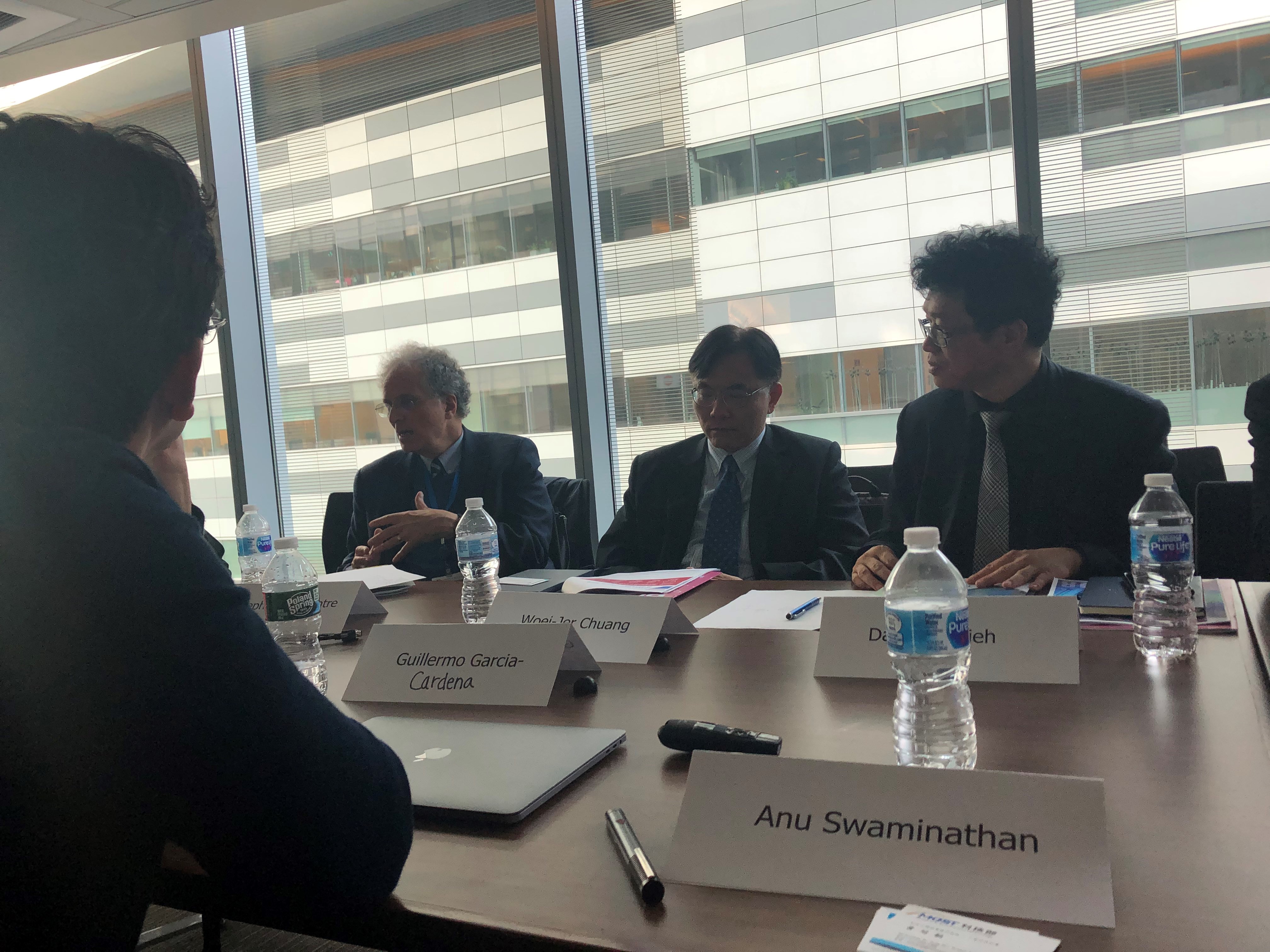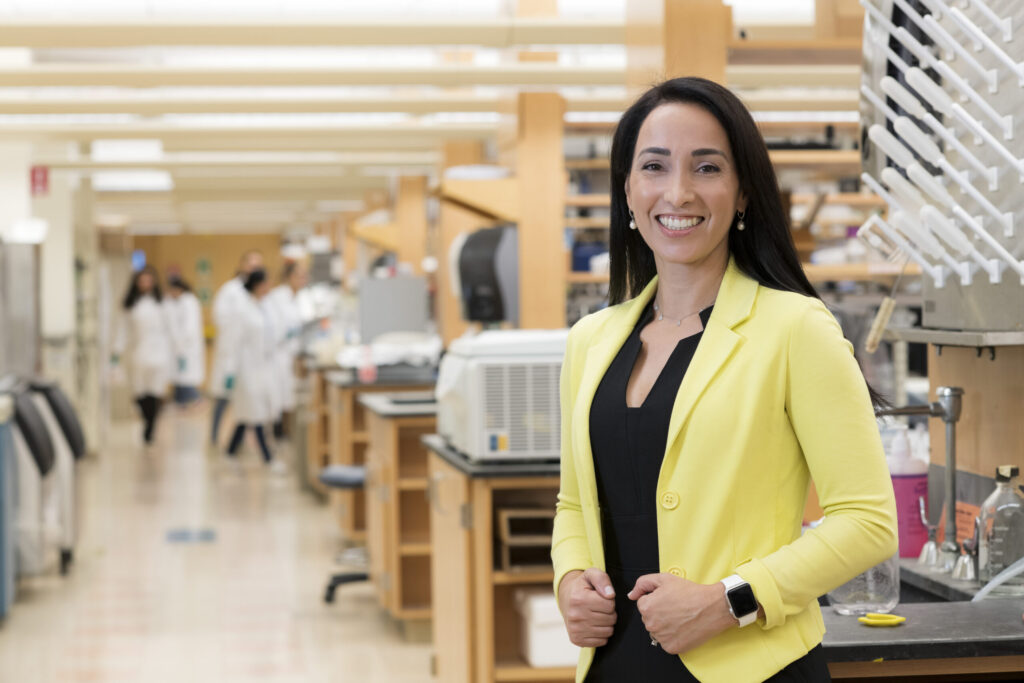
Congratulations to the winner of the 8th Annual BRIght Futures Prize of $100,000, Biomedical Engineer, Natalie Artzi, PhD. This project focuses on engineering therapies for better outcomes with brain cancer in children. With more than 35,000 votes from more than 110 countries and all 50 states, this year we set a record for BRIght Futures voting.
Brain tumors are the most lethal childhood cancer, with a median survival rate of only 9 to 15 months — a measure that has not changed for 20 years. Despite extensive efforts to develop better therapies, there is currently no treatment that can cure brain cancer, which specializes in escaping immune surveillance mechanisms and thus avoids immune-mediated elimination. Since a highly selective membrane protects the brain, the blood-brain barrier (BBB), whose role is to prevent most molecules from penetrating into the brain, it makes it even more challenging for drugs to reach a brain tumor. This means that even higher — and more toxic — doses of a drug may not be very effective for patients with brain cancer.
“Our solution is to deliver an adhesive patch that can reveal and kill cancer cells by (1) activating the immune system by using molecules that act as “danger” signals, and (2) delivering these molecules efficiently to the brain by using a material called an adhesive hydrogel, which can be sprayed onto and stick to the brain after surgery. This material allows us to locally release a cocktail of molecules that will activate the immune system while circumventing the BBB.”
“We plan to harness nanotechnology to form particles at a size of 1,000th the diameter of a single human hair. These nanoparticles specialize in penetrating cancer cells and may be programmed to deliver drugs at a predetermined rate. This technology will ensure that the immune system remains active and that the tumor will not come back.”
The BRIght Futures Prize will allow Dr. Artzi to take the first steps in making this therapy a reality, making the hydrogels and testing their safety and effectiveness in a preclinical model of brain cancer.
